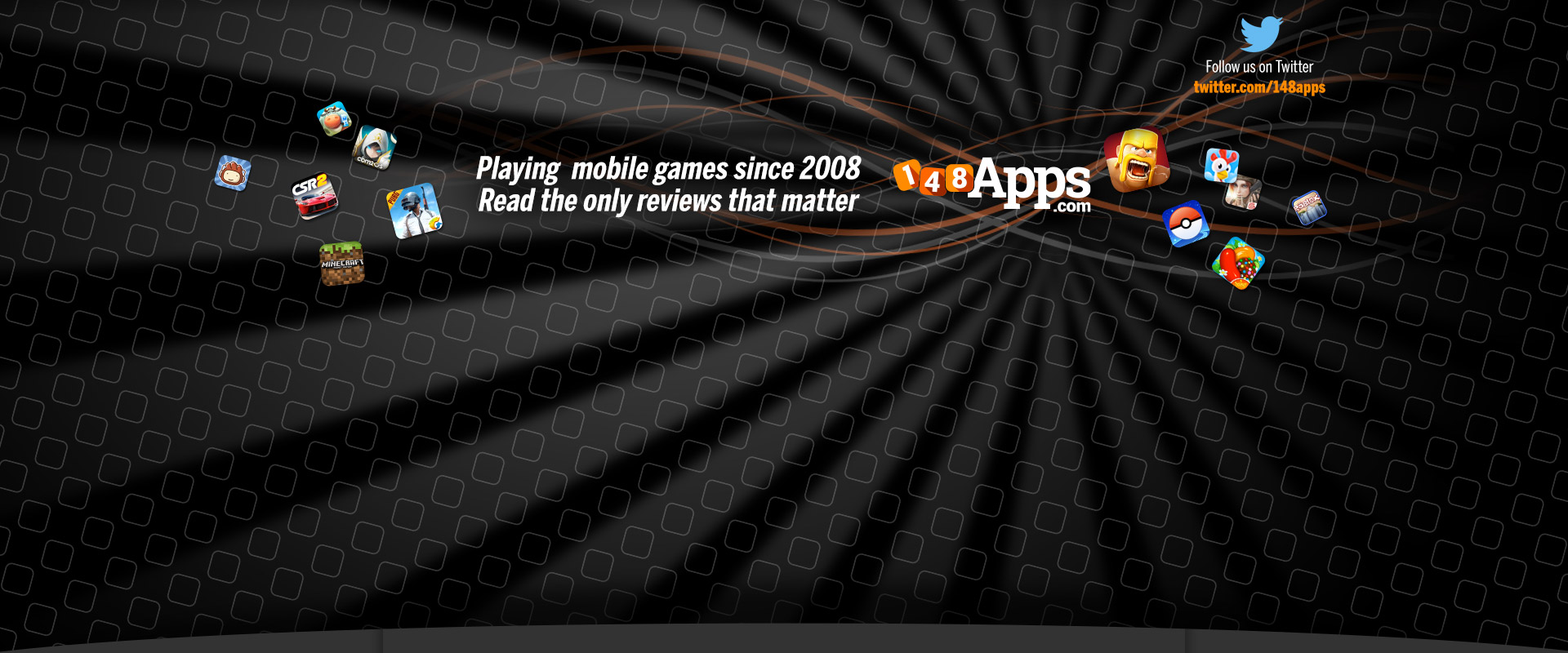This Week at 148Apps: October 8-12
This week at 148Apps.com, Eli Cymet plumbed the depths of difficulty with his interview of Super Hexagon creator Terry Cavanagh: "Talking to Terry Cavanagh (pictured, left), the first thing that jumps out at me is how pleasant he is. How soft-spoken and thoughtful he comes across as. Particularly for somebody who tortures people.
An award-winning independent developer from Ireland, Cavanagh has become known for wonderful, mercilessly difficult games like VVVVVV and Super Hexagon. The latter is Cavanagh’s first iOS game; a low-fi arcade gauntlet that challenges players to move left and right to survive an incoming barrage of lines and shapes for as long as possible. It bent our brains in circles and became a surprise cult-hit on the App Store, moving about 72,000 copies since release, according to Cavanagh’s last look.
Wonderful. Mercilessly difficult. The two don’t quite go together, do they? Against all odds, however, it seems that driving people mad is what’s driven sales for Super Hexagon. It’s a phenomenon that beckons the question: why is a game that’s so hard so very easy to love? What makes difficulty so satisfying?
Read the full conversation at 148Apps.com.
Meanwhile, over at GiggleApps.com, reviewer Amy Solomon explored Magic Forest HD Pro, a physics-based game for kids: "There are many variations of this style of game in the iTunes store such Cut the Rope, but I enjoy the look of this app, with backgrounds reminiscent of water color or batik artwork and include forest motifs that I find appealing and a little different from what is commonly found in a game such as this. Here, one is looking to help these pets into their basket, breaking glass bricks or other obstacles that prevent these animals from typically falling into where they belong."
Read Amy's full review at GiggleApps.



